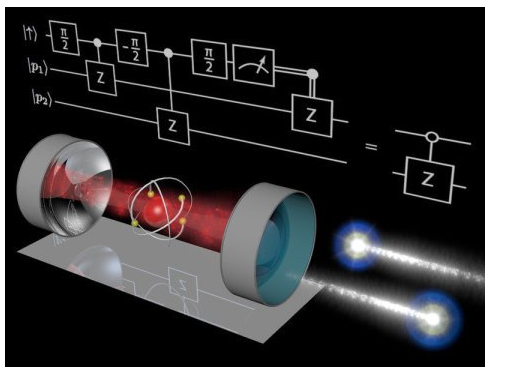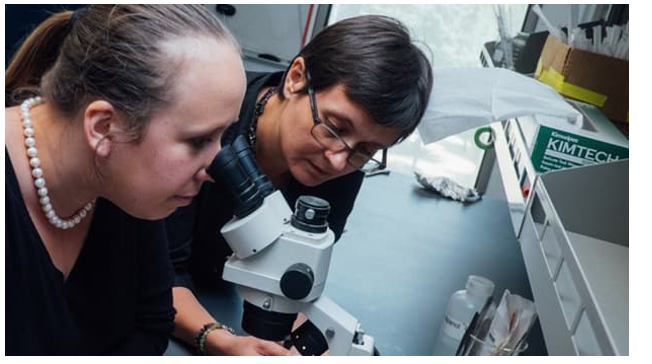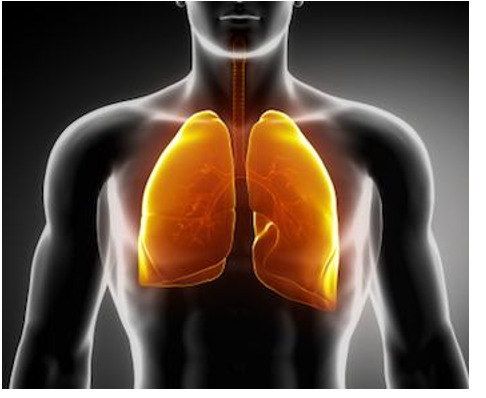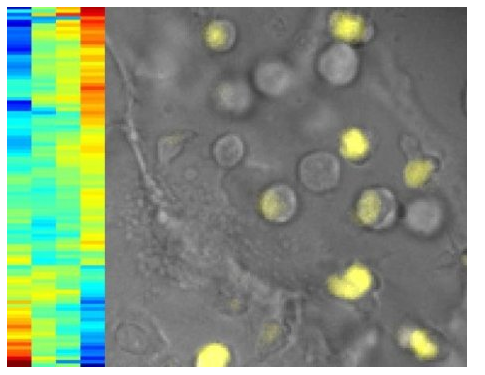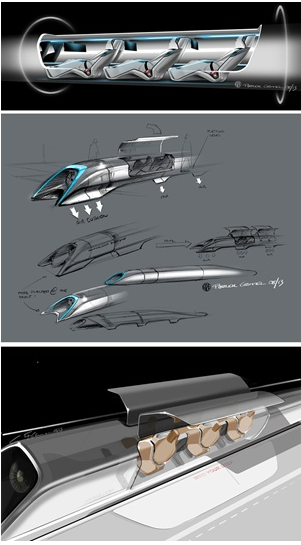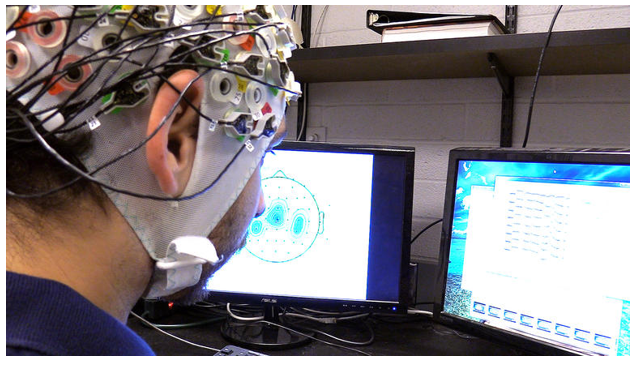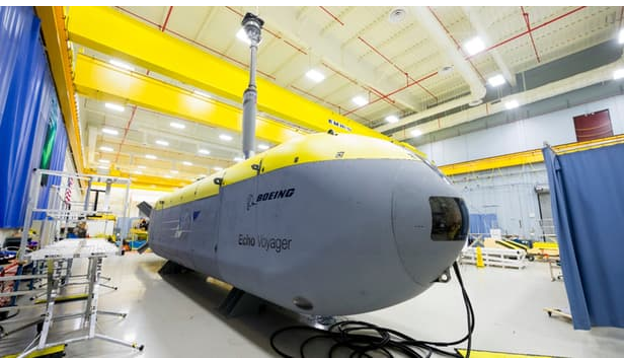Quantum processor for single photons
Scientists have realized a photon-photon logic gate via a deterministic interaction with a strongly coupled atom-resonator system. “Nothing is impossible!” In line with this motto, physicists from the Quantum Dynamics Division of Professor Gerhard Rempe (director at the Max Planck Institute of Quantum Optics) managed to realise a quantum logic gate in which two light quanta are the main actors. The difficulty of such an endeavour is that photons usually do not interact at all but pass each other undisturbed. This makes them ideal for the transmission of quantum information,…
Read More
